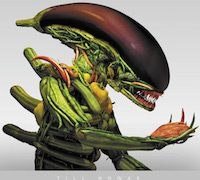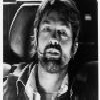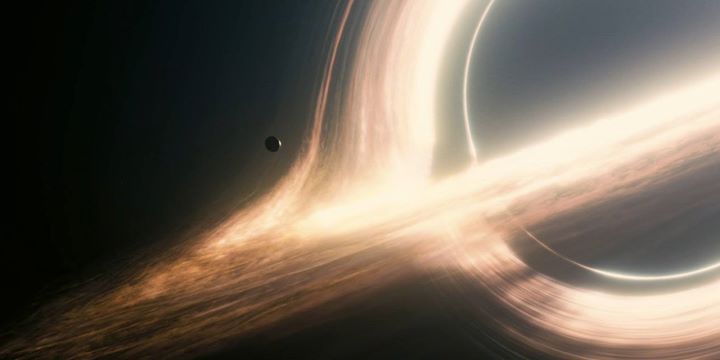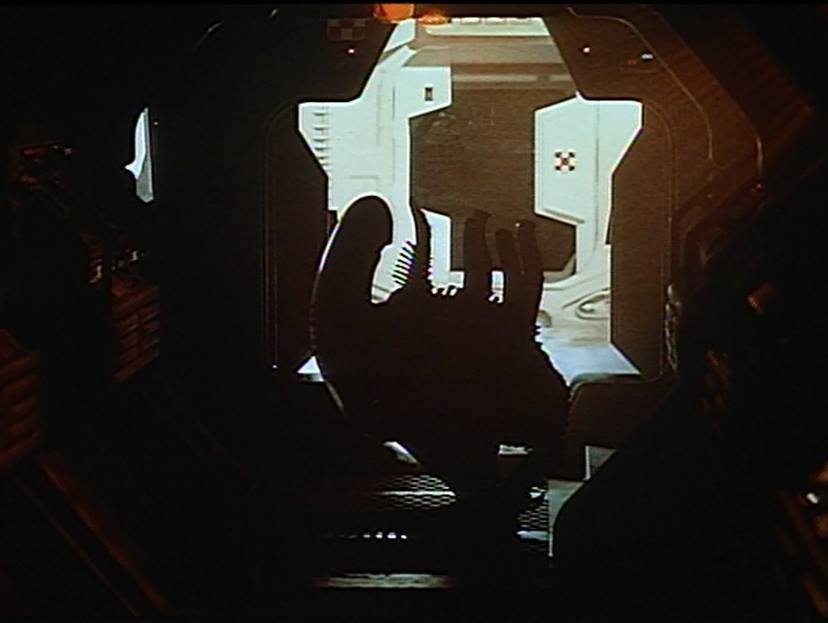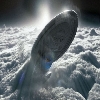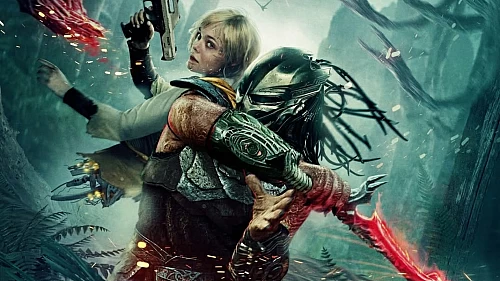Is Deckard a Replicant?
Blade Runner Forum Topic
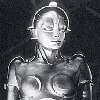
Svanya
Admin2KSep 25, 201216001 Views18 RepliesThis is by far the best article I have ever found on the subject.
This is one of the most enduring debates regarding BR. Either way, opinions, have been and continue to be, divided. For some, the glowing eyes can leave no doubt whatsoever, while the unicorn all but spells it out. To others, these are easily dismissed and must be regarded with a "Deck-a-Rep" viewpoint to be accepted. Others insist there is no definitive answer, and that the clues merely "suggest" Deckard might be a replicant. Some accept Deckard as a replicant because of the clues, but feel he shouldn't be, because they feel the movie works just as well if not better if he's human, or if the question is left "unanswered".
There are those who feel that, in the OV, he is human, mainly because the unicorn dream was cut at the producers' insistence, who felt the idea was "too arty", and that in the BRDC, he is a replicant. However, many do not accept that there is any difference between the versions - you interpret how you will for Blade Runner as a whole. Some insist he simply cannot be a replicant because they feel it doesn't fit with what they have interpreted to be the theme(s) of the film, whatever those may be.
Even the director coming forward and stating Deckard is a replicant (which he has done on several occasions) has done little to stop the ongoing debate. As he plays with our memories and questions what is real during the movie, some see the wicked gleam in his eyes when he makes the statement as indicating that he knows it will make no difference to the debate. In a 1982 interview, Scott says things like, "the central character could in fact be what he is chasing", "The innuendo is still there" and "I think it's interesting that he could be." All these suggest that the original intent was to get the audience to ask the question, but not necessarily to confirm it either way.
Either way, here are some of the facts... Director Ridley Scott wanted the audience to find out that Deckard is (or, at the very least, might be) a replicant himself. (In Dick's original book the possibility was hinted at, but Deckard was eventually tested and was human.) However, it was a passage in an early version of the script that gave Scott the idea, even though this "We were brothers, Roy Batty and I!" passage was intended to be metaphorical, not literal.) This is still hinted at when Roy grabs Deckard as he's about to fall and says "Kinship!" To this end, he put a few "clues" in the film.
The 2 most important ones are the following: 1. The unicorn "dream", coupled with the origami unicorn, was meant to strongly "suggest" (at the very least) that Gaff knows Deckard's memories, like Deckard knew Rachael's, by having looked at her files, evidently containing detailed information about her memory implants... 2. In one scene, you can see Deckard's eyes glow briefly, in a similar way to the replicants' eyes. Also, the possibility of Deckard being a replicant is hinted at in some of the movie's dialogue; for instance, at one point Rachael asks Deckard if he's ever taken the test himself (Deckard dozes off, however, leaving the audience to ponder the question).
Also, at the end of the movie, Gaff tells Deckard: "You've done a man's job, sir!" While this is a common expression, within the movie's context the double meaning should be apparent - which was the intention. (It's not conclusive evidence or anything, but what the heck.) Note: in early versions of the script, Gaff's line was actually longer - and somewhat less than subtle - adding: "... But are you sure you are man? It's hard to be sure who's who around here." However, as this is not in the film, we are just left with the "man's job" line which can just as easily be taken as the literal statement of a man defeating replicants. So, in the end, is he a replicant or not? It all depends on how one interprets the clues and perhaps even one's perception of the answer before one chooses the interpretations of clues and lines.
All we can be sure about is that whether Deckard is a replicant or not is not really the point. The fact that we ask the question and cannot be totally sure underlines the old Philip K. Dick question, "What is Human?"
Bishop is Bae <3


